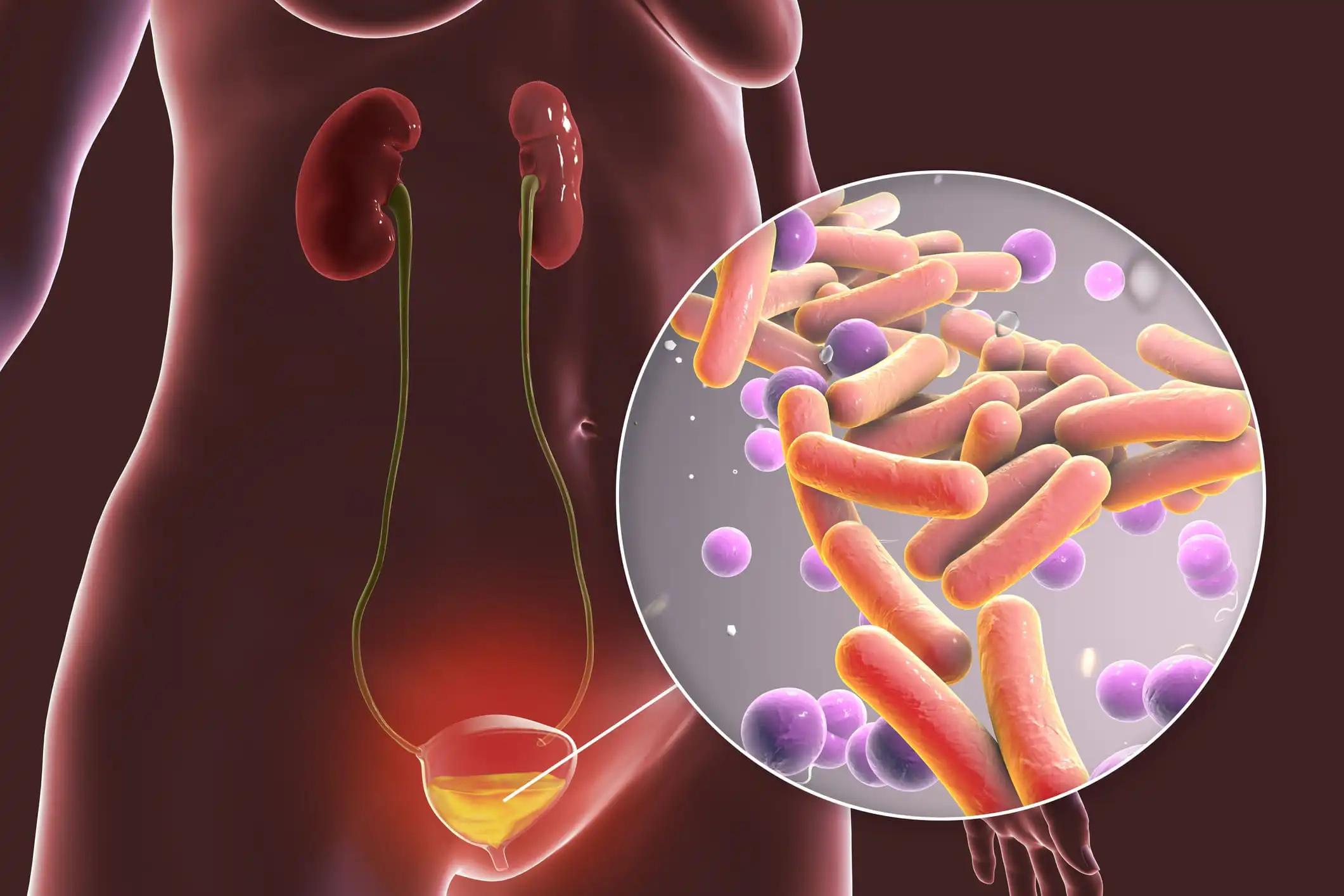KEY TAKEAWAYS
- The study aimed to investigate the link between propionate metabolism-related genes and BLCA using TCGA and GEO data.
- The results suggested that molecular subtypes and PMRG scores as prognostic indicators and highlights HSD17B1 as a therapeutic target.
Bladder cancer (BLCA) is a common malignancy. Dysregulated propionate metabolism is a key factor in cancer, suggesting a potential target for treating metastatic disease. However, the full relationship between propionate metabolism-related genes (PMRGs) and BLCA remains unclear.
Fuchun Zheng and the team aimed to explore the relationship between propionate metabolism-related genes and BLCA.
From the Cancer Genome Atlas (TCGA) and Gene Expression Omnibus (GEO) databases, patient data for BLCA was collected and classified into subgroups using non-negative matrix factorization (NMF). Survival and pathway analyses were performed between these clusters.
The PMRG model, developed through univariate Cox and least absolute shrinkage and selection operator (LASSO) analyses, was evaluated for prognostic significance using Kaplan-Meier and receiver operating characteristic (ROC) curves.
They included evaluations of clinical data, tumor microenvironment (TME), drug sensitivity, and immunotherapy responses. The expression of key genes, including HSD17B1, was confirmed through quantitative real-time polymerase chain reaction (qRT-PCR), with additional validation using Transwell, wound healing, colony-formation, and EDU assays.
The results revealed 2 distinct subcategories (CA and CB) within BLCA using NMF analysis, with CA showing significantly better overall survival than CB. About 6 propionate metabolism-related genes (PMRGs) were identified as crucial for prognosis. Kaplan-Meier analysis indicated that high-risk PMRGs were linked to poorer outcomes in patients with BLCA.
Significant differences were observed between the groups in terms of immune cell infiltration, immune checkpoint expression, TME scores, and drug sensitivity. Additionally, suppressing the HSD17B1 gene expression was found to inhibit the invasion of BLCA cells.
The study concluded that molecular subtypes and a PMRG-based score are promising prognostic indicators for BLCA. Additionally, cellular experiments highlight the crucial role of HSD17B1 in metastasis and invasion, suggesting its potential as a novel therapeutic target.
This study was supported by the Jiangxi Provincial “Double Thousand Plan” Fund Project, Jiangxi Provincial Natural Science Foundation for Distinguished Young Scholars and Jiangxi Provincial Natural Science Foundation.
Source: https://pubmed.ncbi.nlm.nih.gov/39075554/
Zheng F, Wang Z, Li S, et al. (2024). “Development of a propionate metabolism-related gene-based molecular subtypes and scoring system for predicting prognosis in bladder cancer.” Eur J Med Res. 2024;29(1):393. Published 2024 Jul 29. doi:10.1186/s40001-024-01982-6



